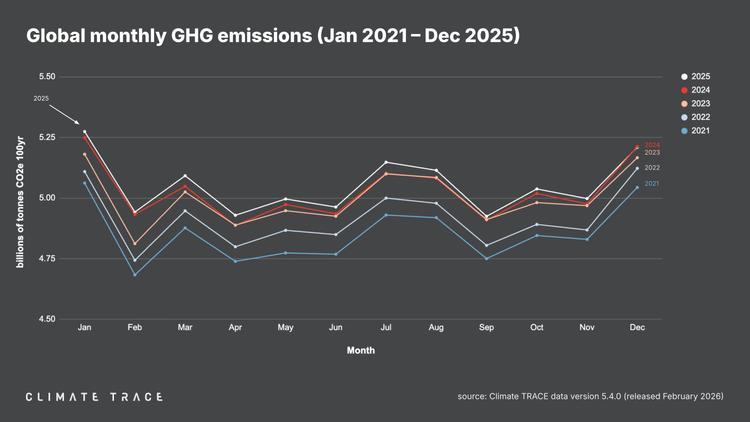EU Ombudsman slams ‘maladministration’ in Commission’s sustainability Omnibus
"Future simplification packages can now be challenged on process grounds."

The EU Ombudswoman has found several procedural shortcomings in the way the European Commission handled its Omnibus framework for sustainability rules – a conclusion that sets a precedent to challenge future simplification processes.
The Commission has received a wide array of criticism for the way it moved forward on its sustainability Omnibus to reduce the scope of the Corporate Sustainability Reporting Directive (CSRD) and Corporate Sustainability Due Diligence Directive (CSDDD). Critics deemed the urgency with which the process advanced unnecessary and worried about the lack of sufficient impact assessments – despite the fact that these directives took years of stakeholder engagement to develop.







